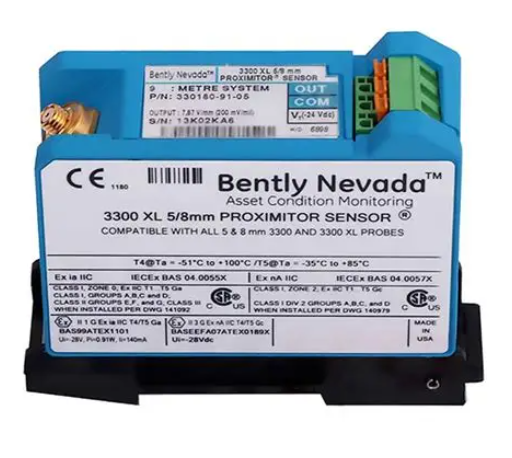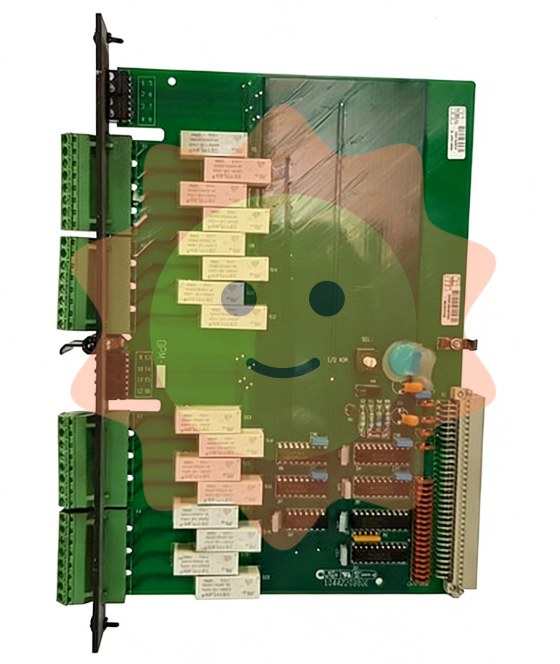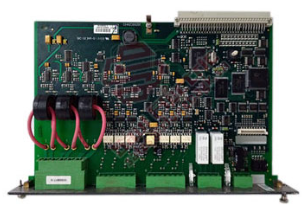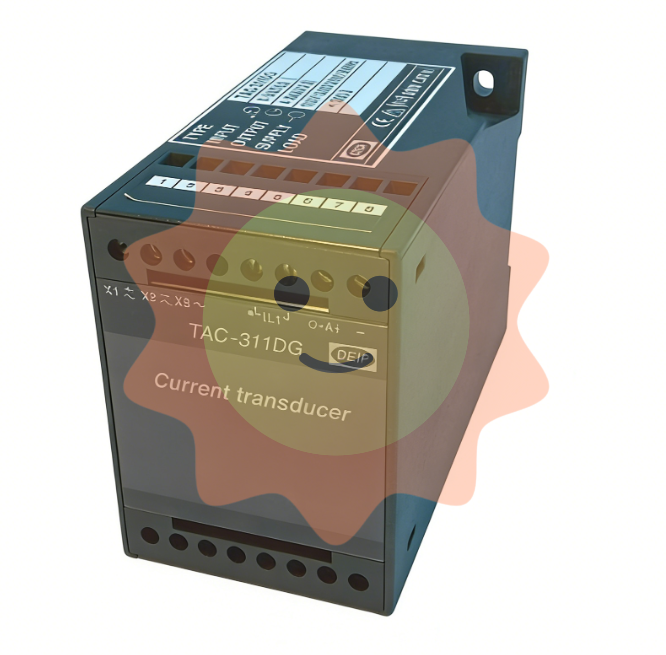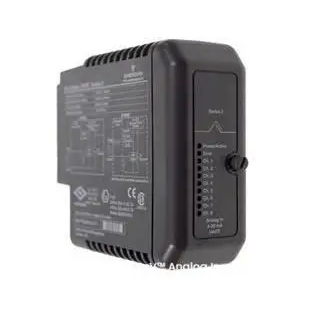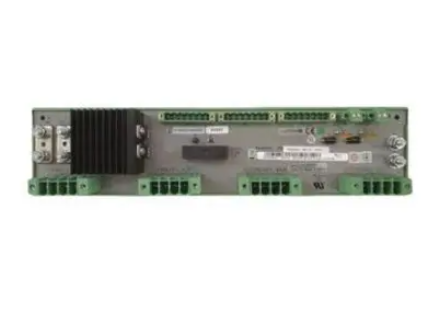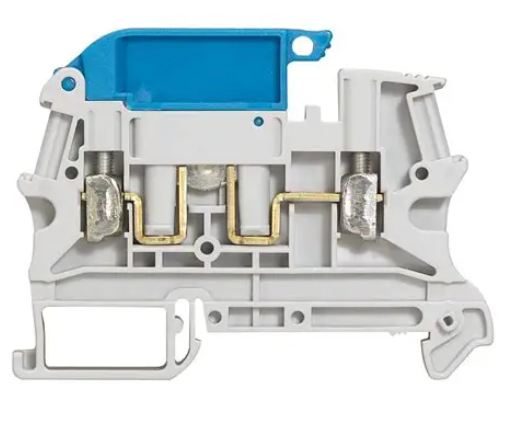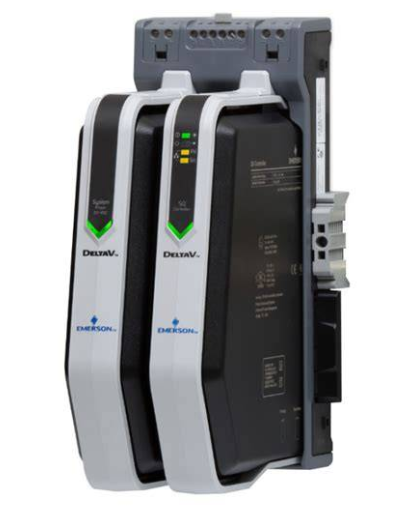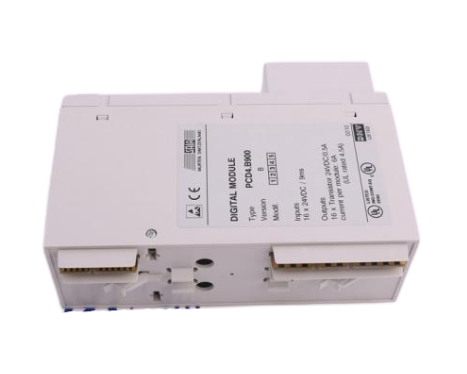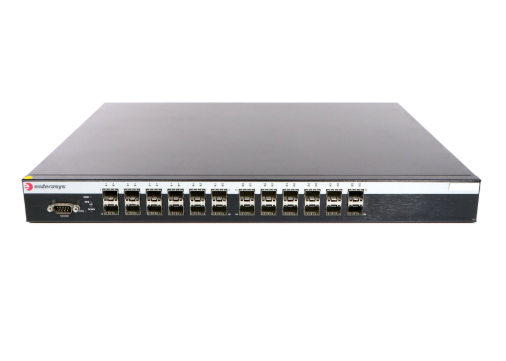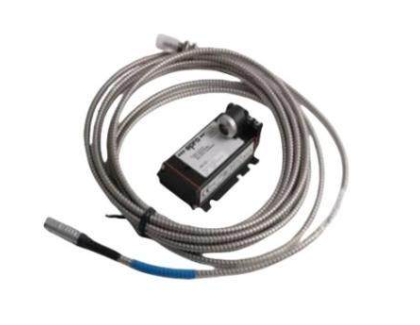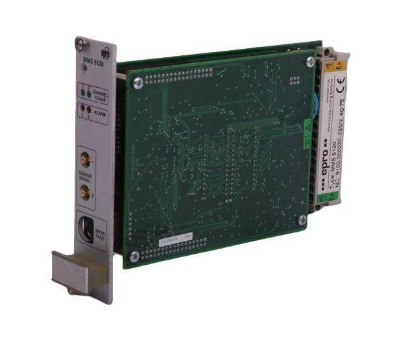Foxboro Evo ™ Compact 200 Series I/O Subsystem
Foxboro Evo ™ Compact 200 Series I/O Subsystem
Subsystem Overview and Core Positioning
1. Design objectives
The Compact 200 Series I/O subsystem is a distributed control electronic device designed for industrial sites. Its core design goal is to reduce on-site wiring costs and improve system flexibility through distributed deployment, while maintaining compatibility with Foxboro legacy systems, meeting the modern industrial demand for high reliability and high-precision control.
2. Core values
Cost optimization: Distributed deployment significantly reduces the procurement and installation costs of on-site cables, cable trays, and conduits, and lowers the initial project investment;
Strong compatibility: compatible with existing I/A Series ® The system's 200 Series I/O devices and outdated 100 Series I/O devices are fully compatible, supporting seamless upgrades of existing systems and protecting users' existing investments;
Flexible deployment: With the help of Fast Ethernet network, device domain communication can be achieved, and I/O points can be flexibly selected for local centralized deployment or remote distributed deployment according to the factory layout;
Environmental adaptation: With the ability to adapt to harsh environments, it can operate stably in complex scenarios such as pollution, high temperatures, and potential explosions.
Hardware composition system
(1) Control processor module
As the "brain" of the subsystem, the control processor is responsible for connecting the fieldbus module (FBM) with the control network, implementing control logic operations and data transmission. It is divided into three core models:
Model Form and Adaptation Scenario Core Functions
FCP280 (Field Control Processor 280) compact module provides control interface between FBM and control network, supports up to 4 HDLC fieldbus, and can connect 128 200 Series FBMs or 100/200 Series hybrid FBMs (up to 64 for 100 Series); Supports dual baud rate function and can work together with FBI200 to adapt to 100/200 Series FBM
FCP270 (Field Control Processor 270) compact module has similar functionality to FCP280, supporting up to 32 200 Series FBMs (without FEM100) or 128 (with FEM100), and up to 64 100 Series FBMs; Need to be paired with FBI100 to achieve dual baud rate communication with 100 Series FBM
ZCP270 (Z-Module Control Processor 270) Z-module form adaptation for 100 Series FBM rack, supporting control operations for 100/200 Series FBM; Through FCM100E/Et expansion, a single ZCP270 can connect up to 128 100/200 Series FBMs
(2) Fieldbus Module (FBM): Core Function Carrier
FBM is the core I/O module of the subsystem, responsible for collecting on-site sensor signals and executing control command outputs. It has high integration and reliability characteristics and can be divided into the following categories according to its functions, covering various signal requirements in industrial sites:
1. Core features of the module
Full coverage of signal types: Supports 0-20mA/4-20mA current signal, 0-10V voltage signal, thermocouple, RTD (platinum/nickel/copper material) HART ® Communication, discrete (digital) input/output, pulse signals, etc;
Isolation level classification:
Channel isolation: Each channel is completely galvanic isolated from other channels, grounding, and module logic, suitable for scenarios with high precision and anti-interference requirements;
Differential isolation: There is no isolation between channels, but they are isolated from grounding and module logic, supporting voltage differences between channels without additional error compensation;
Group isolation: Input channels are isolated from grounding and module logic as a group, and some models can achieve channel level isolation through terminal components (TA);
Redundancy support: Some models support redundant configurations (such as FBM216b, FBM218, FBM248), which need to be installed in pairs and paired with redundant adapters; Some models are "redundancy ready" (such as FBM207b, FBM237), which can flexibly switch between single module/dual module redundancy modes.
2. Key model function details
Module Series Core Model Function Description Typical Applications
Analog input (AI) FBM201 8-channel 0-20mA input, isolated channel for ordinary current signal acquisition (such as pressure and flow sensors)
FBM202 8-channel thermocouple/millivolt input, channel isolation temperature measurement (thermocouple signal)
FBM203/c/d 8-channel RTD input (platinum/nickel/copper, 2/3/4 wire system), channel isolated high-precision temperature measurement (RTD sensor)
FBM214b 8-channel 4-20mA HART ® Input, channel isolation with HART ® Intelligent sensor data collection protocol
Analog I/O (AI/AO) FBM204 8-channel 0-20mA (4 in 4 out), simple control scenario where channel isolation requires simultaneous acquisition and output
FBM208 8-channel 0-20mA (4 in 4 out), redundant with read back, analog control circuit with high reliability requirements for channel isolation
Analog Output (AO) FBM215 8-Channel 4-20mA HART ® Output, channel isolation with HART ® Protocol executor control
FBM237 8-channel 0-20mA output, redundant ready, channel isolated redundant control scenario actuator driver
Discrete Input (DI) FBM207/b/c 16 channel DC voltage monitoring/contact detection (24V/48V), redundant ready switch status, contact signal acquisition
FBM217 32 channel discrete input, group isolated high-density digital signal acquisition (such as equipment operation status)
Discrete I/O (DI/DO) FBM219 24 channel DI+8 channel DO, external power supply, group isolation mixed discrete data acquisition and control (such as valve switch+status feedback)
FBM241/c/d 8-channel voltage monitoring/contact detection+8-channel DO, channel isolation high-precision discrete mixed control scenario
Multi functional I/O FBM247/248 8-channel current/voltage/analog/digital/pulse configurable I/O, supporting HART ®, FBM248 supports redundant complex mixed signal scenarios (such as pulse counting+analog acquisition+digital output)
(3) Auxiliary function module
1. Fieldbus isolator/filter (FBI200)
Core function: Expand the fieldbus distance between FCP and FBM modules, with dual axis cable transmission up to 305 meters (1000 feet);
Adaptation features: When paired with FCP270, it can filter 2Mbps (200 Series) and 268Kbps (100 Series) signals to avoid mutual interference; When used in conjunction with FCP280, it is only used to extend communication distance and does not require filtering isolation.
2. Fieldbus Communication Module (FCM Series)
Responsible for signal conversion and long-distance communication expansion, supporting redundant configuration. The model details are as follows:
Model Core Function Communication Distance Adaptation Scenario
FCM100Et 100Mbps fiber optic signal → 2Mbps electrical signal (for 200 Series FBM) - Short distance extension of fiber optic to electrical signal, requiring paired redundant deployment
FCM100E 100Mbps fiber optic signal → 2Mbps (200 Series) or 268Kbps (100 Series) electrical signal - needs to adapt to mixed scenarios of 100/200 Series FBM simultaneously
FCM2F2/2F4/2F10 module fieldbus fiber optic expansion, divided into 3 models 2km/4km/10km (paired deployment) for long-distance communication between baseboards, with two FCM2F10s connected in series up to 20km
(4) Bottom plate and shell system
1. Compact 200 Series Baseplate
Core model: 16 slot horizontal bottom plate (RH101AA);
Installation method: Supports horizontal DIN rail installation (standard/non isolated) or 19 inch rack installation (requires installation board);
Key features:
Provide communication backplane and module installation foundation, supporting deployment of 16 Compact FBMs;
Volume optimization: 1 compact base plate+16 compact FBMs occupying approximately 2 standard 200 Series base plates+16 standard FBMs;
Scalability: Supports backplane chain expansion (up to 32 FBMs), allowing for online addition of new baseboards without the need for downtime;
Power and Communication: Provides main/backup 24V DC power interface, dual module fieldbus (A/B) daisy chain interface, supports DIP switch address recognition.
2. Enclosures
Provide environmental protection and equipment integration, divided into G/K series, adapted to different scene requirements:
Series Core Model Protection Level Adaptation Scenarios
G series G13 (system shell), G14 (system+terminal shell), G11 (terminal shell) IP43/54 normal environment, supporting installation of FBM, FCM, FCP and terminal components
The K series K13 (system casing), K14 (system+terminal casing), K11 (terminal casing) have the same IP43/54 functionality as the G series, providing differentiated selection
Common features - built-in DIN rail, power supply interface, terminal block; Support single/redundant power supply deployment; Certified by UL, ATEX, etc., suitable for ordinary and potentially explosive environments
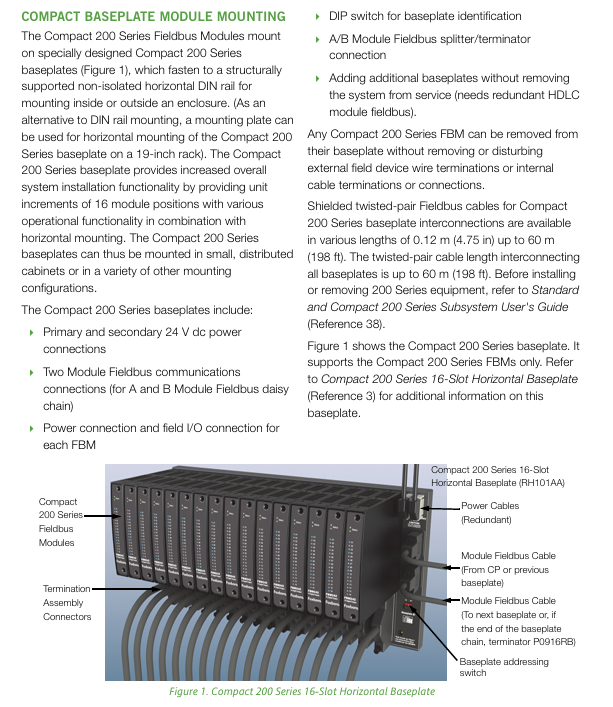
Core technical characteristics and performance parameters
1. High performance and high precision
Analog acquisition: SigmaDelta fast integration ADC is used, with an analog input update rate of up to 25ms, suitable for high-speed regulation and control;
Anti interference capability: Built in configurable moving average filter, effectively suppressing process electromagnetic noise;
Measurement accuracy: Depending on the specific FBM model, the channel isolation module has higher accuracy and error control within the allowable range of industrial grade (such as RTD module supporting 0-320 Ω range, error ≤± 0.1%).
2. High reliability and availability
Component integration: Integrating logic functions such as I/O processing and communication processors through ASIC (Application Specific Integrated Circuit) to reduce the number of module components and lower the probability of failure;
Availability indicators:
Single module (with redundant power supply, MTTR=2 hours): availability ≈ 0.999974;
Redundant module (with redundant power supply, MTTR=2 hours): availability ≈ 0.9999964;
Redundancy support: Full link redundancy options, including power supply, control network FCM、 Control processor, fieldbus cables, and some FBMs, with no single point of failure risk.
3. Environmental adaptability
Working temperature: The maximum working temperature of Compact FBM is 60 ℃ (140 ° F);
Pollution protection: Class G3 (ISA S71.04) pollution level, resistant to industrial dust, oil pollution and other environments;
Certification compliance: UL (US/Canada), ATEX (DEMKO), CE, RoHS certification, suitable for ordinary areas and potentially explosive environments (Ex certification).
4. Deployment and maintenance convenience
Hot swappable design: FBM modules can be directly plugged and unplugged without disconnecting external field equipment wiring or internal cables;
Online expansion: Supports adding new baseboards to the baseboard chain online, without the need for downtime in redundant HDLC fieldbus environments;
Fault diagnosis: Power supply faults can be indicated through three prompts: SMDH (System Management Interface) icon color change, system monitoring display, and alarm printing; FBM faults can be quickly located by controlling network feedback.
Compatibility and upgrade requirements
1. Software compatibility
Required software version: I/A Series software v8.8 or Foxboro Evo Control Core Services v9.0 or above;
Supporting tools: Corresponding versions of system configuration software (such as SMDH) are required for module configuration, fault monitoring, and maintenance.
2. Hardware compatibility
Control processor: Only supports FCP280, FCP270, and ZCP270, and requires corresponding sizing guidelines (such as FCP280 reference B0700FY) to confirm capacity;
Power supply: Supports four types of 24V DC power supplies: FPS480-24, FPS400-24, FPS240-24, and FPS120-24. The selection should be based on the enclosure power budget;
Terminal Component (TA): Different FBMs require dedicated TAs (such as TAs with relays for high voltage/high current digital outputs), and some TAs provide additional channel isolation functionality.
3. Upgrading Path for Existing Systems
The existing standard 200 Series subsystem can be directly upgraded to Compact 200 Series, with the following steps:
Remove the standard 200 Series horizontal bottom plate and replace it with a Compact 200 Series 16 slot bottom plate;
Confirm installation environment: Ensure sufficient horizontal DIN rails, power capacity, and heat dissipation space (1 fan tray is required for every 2 adjacent Compact baseboards, and 1 tray is required for every 1 baseboard when deployed separately);
Replace cable: Replace the terminal cable of the standard FBM with the dedicated cable corresponding to the Compact FBM (refer to the PSS document of each FBM);
Software adaptation: Upgrade to a compatible version of I/A Series or Foxboro Evo software to complete module configuration.
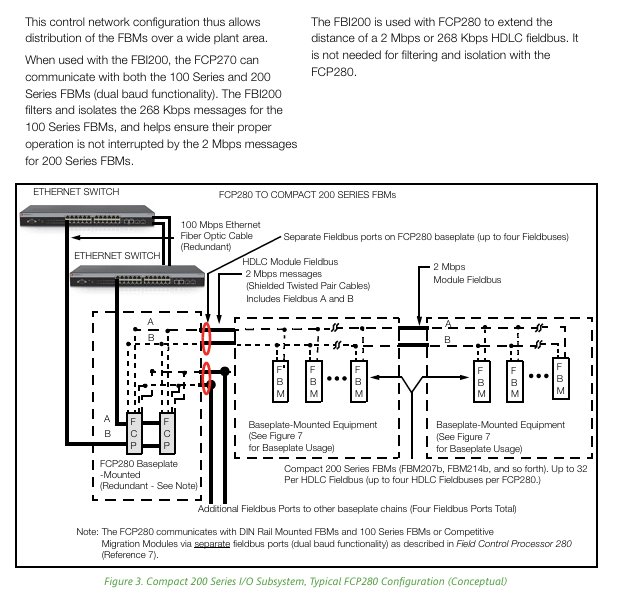
Application scenarios and industry adaptation
1. Core application scenarios
Continuous process control: continuous production processes in industries such as petrochemicals, chemical engineering, and power (such as reactor temperature/pressure control, pipeline flow regulation);
Batch production control: Batch production processes in industries such as pharmaceuticals, food and beverage (such as ingredient ratio control, batch data collection);
Discrete control: Discrete equipment control in manufacturing industry (such as valve switching, motor start stop, status monitoring);
Existing system upgrade: Performance upgrade and expansion needs of existing Foxboro 100/200 Series system users.
2. Scope of environmental adaptation
Ordinary industrial environment: factory workshop, control room, compatible with IP43/54 protection level;
Adverse environment: Class G3 pollution level, high temperature (60 ℃) environment, such as metallurgical plants and chemical plant sites;
Hazardous environment: Potential explosive atmosphere (ATEX certified), such as explosion-proof areas in the petrochemical industry.
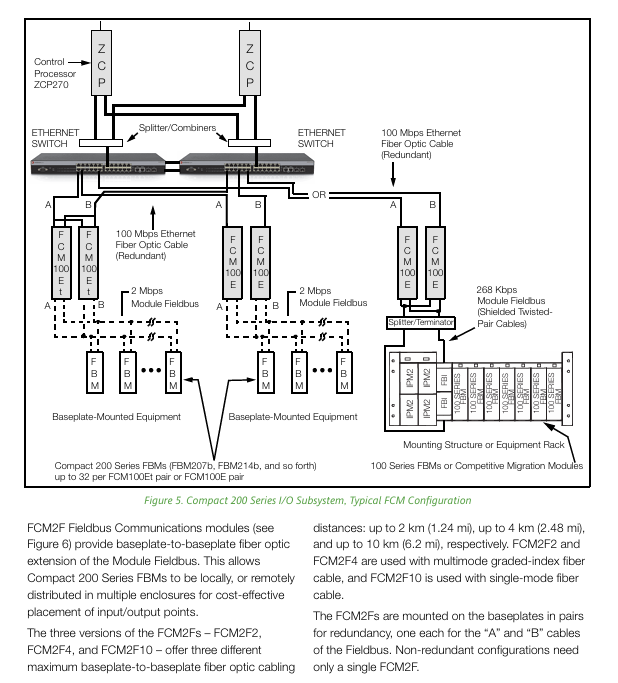
- ABB
- General Electric
- EMERSON
- Honeywell
- HIMA
- ALSTOM
- Rolls-Royce
- MOTOROLA
- Rockwell
- Siemens
- Woodward
- YOKOGAWA
- FOXBORO
- KOLLMORGEN
- MOOG
- KB
- YAMAHA
- BENDER
- TEKTRONIX
- Westinghouse
- AMAT
- AB
- XYCOM
- Yaskawa
- B&R
- Schneider
- Kongsberg
- NI
- WATLOW
- ProSoft
- SEW
- ADVANCED
- Reliance
- TRICONEX
- METSO
- MAN
- Advantest
- STUDER
- KONGSBERG
- DANAHER MOTION
- Bently
- Galil
- EATON
- MOLEX
- DEIF
- B&W
- ZYGO
- Aerotech
- DANFOSS
- Beijer
- Moxa
- Rexroth
- Johnson
- WAGO
- TOSHIBA
- BMCM
- SMC
- HITACHI
- HIRSCHMANN
- Application field
- XP POWER
- CTI
- TRICON
- STOBER
- Thinklogical
- Horner Automation
- Meggitt
- Fanuc
- Baldor
- SHINKAWA
- Other Brands












